Beleaguered World Health Organization Wades Into Transgender Debate and Is Met With Uproar Over Plans To Develop Guidelines on Trans Healthcare
Just as WHO emerges from years of controversy over its Covid policies, the United Nations agency has now stepped into the thorniest and most politicized topic in modern medicine.
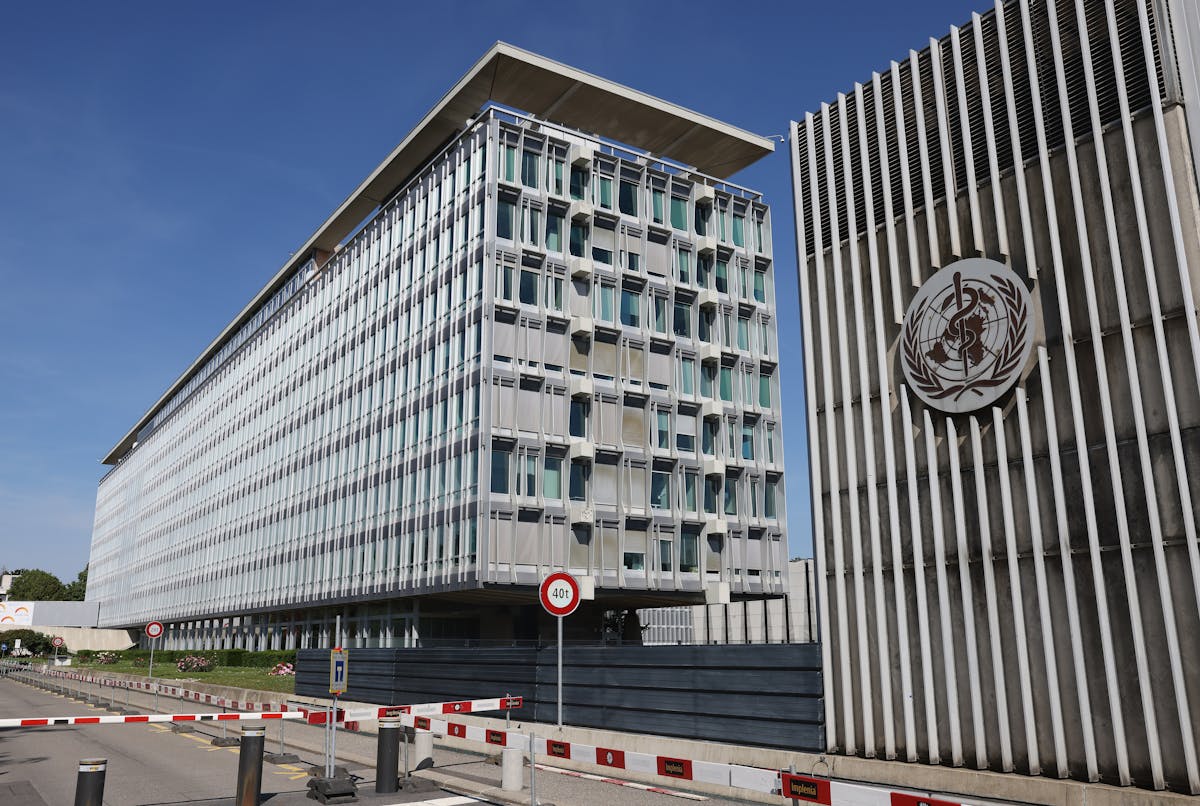
The World Health Organization has marched into the politicized crucible of transgender health care, and is facing a fierce outcry after announcing plans to convene a committee to develop “a guideline on the health of trans and gender diverse people.”
When the WHO announced the full 21-person committee in December, a global chorus of critics mobilized to protest the panel — which includes multiple trans activists and few people with relevant advanced degrees — as unqualified to draft medical guidelines.
On Wednesday, one such assembly of skeptics, the LGBT Courage Coalition, a group of LGBT individuals “concerned with pediatric gender medicine and the censorship of dissent,” published in a letter to the WHO a dossier outlining what it argues are intellectual or financial conflicts of interest in up to three quarters of the panelists.
On Thursday, the Society for Evidence Based Gender Medicine, or SEGM, issued its second letter criticizing the WHO’s effort, critiq
uing the guidelines-development process as apparently flawed from the time of its quiet inception two to three years ago.
One critic is Aaron Kimberly, a Canadian mental-health nurse who was born with an intersex condition, also known as differences in sex development, and specialized in counseling trans and gender nonconforming patients before turning to activism, he said, “to reform gender medicine.” He told the Sun he finds it problematic that the WHO panel lacks “detransitioners, those with gender dysphoria who haven’t medicalized, transsexuals of multiple viewpoints, parents, and clinicians working from within other models of care.”

Detransitioners are persons who have undergone gender-transition medical treatments and later changed either to identify as their biological sex or as nonbinary (not considering themselves strictly male or female). Gender dysphoria is a psychological diagnosis involving marked distress over a conflict between an individual’s gender identity and their biological sex. Persons with the condition may seek alleviation by taking cross-sex hormones, undergoing gender-transition surgeries or both.
The WHO has positioned itself within the trans-healthcare imbroglio at a crucial juncture for the embattled organization — amid an overall decline in public trust in science and in the wake of the serious reputational damage it sustained during the height of the Covid pandemic.
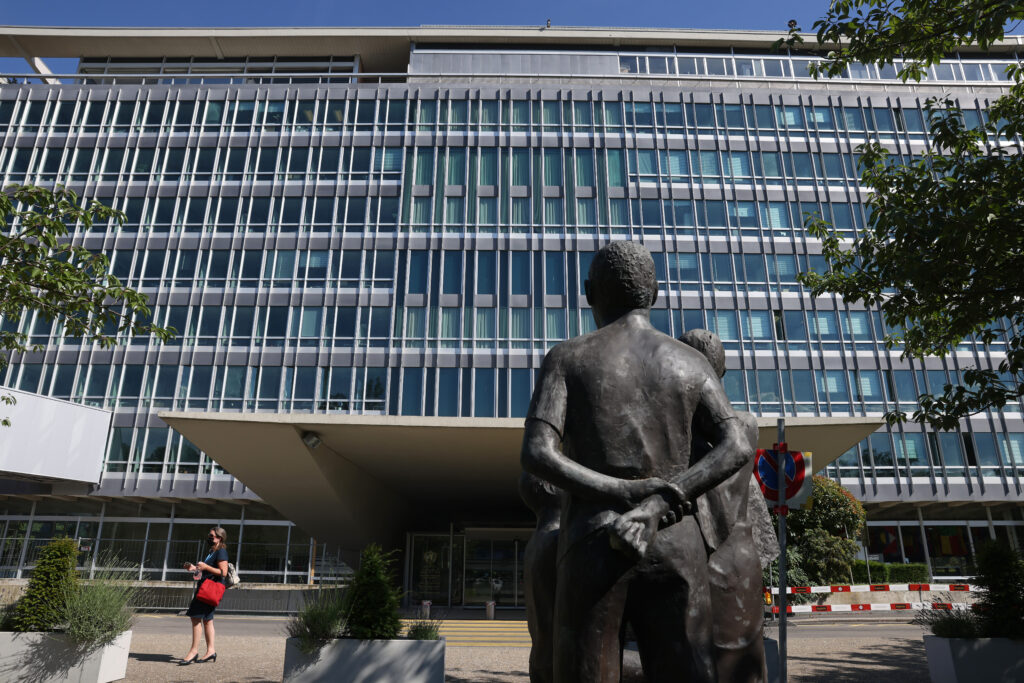
Dr. Monica Gandhi, an infectious disease expert at the University of California, San Francisco, said that when establishing Covid guidelines, the WHO appeared “to succumb to political or other pressures, such as from high-ranking academic institutions, to make recommendations.” Such a dynamic, Dr. Gandhi said, “is not consistent with providing science-backed guidance.”
Today, the WHO is under intense scrutiny over whether it can issue trustworthy, evidence-based guidance addressing the needs of trans persons — a particularly vulnerable group — and faces pressure from all sides of the contentious debate.
The guidelines, the WHO has stated, will build on two previous sets of guidelines the organization released in recent years. One addressed high rates of HIV, viral hepatitis and sexually transmitted infection among trans persons. The other pertained to so-called self-care interventions for trans persons, including the common practice of self-administering cross-sex hormone treatments, which alter secondary sexual characteristics (such as facial hair or breasts) to better align them with a trans person’s gender identity.
The WHO intends the new, more comprehensive guidelines to focus on gender-transition treatment, including hormones but excluding surgeries; training for health care workers in such care; health care for trans victims of violence; and promoting policies that support gender-transition treatment access and that permit trans individuals to self-determine their legal sex.
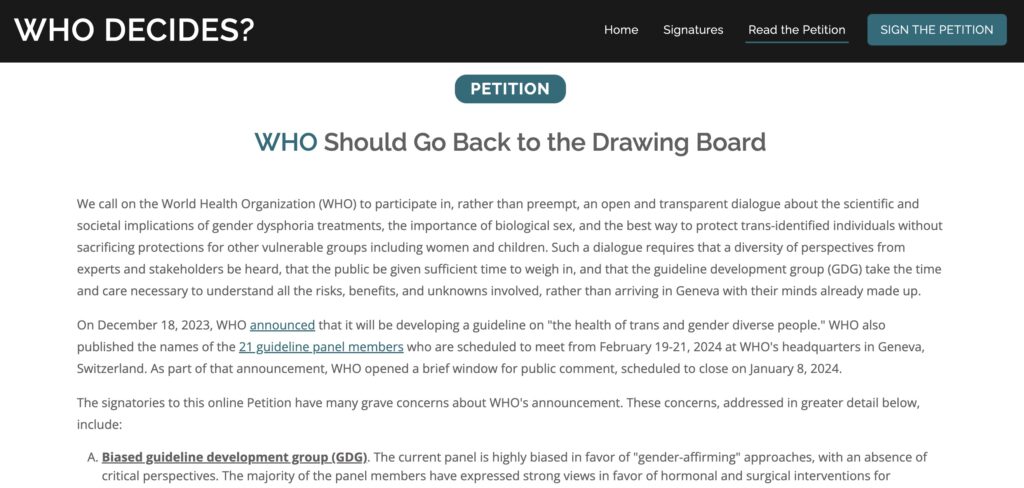
SEGM, in its new letter, asserted that those original two WHO guidelines made claims, specifically that cross-sex hormone access by trans persons is universally beneficial and that legal recognition of persons’ self-declared gender is a human right, that were “poorly-evidenced.” SEGM criticized the organization for apparently treating those two fundamental questions as settled facts by simple virtue of their inclusion in such previous guidance and expressed an “overarching concern that the WHO may be inadvertently involved in the production of a biased guideline.”
A representative for the WHO tells the Sun that the organization’s guidelines “are always based on balancing of available evidence, human rights principles, consideration of harms and benefits and inputs of end users and beneficiaries.”
Concern over children
Some of the skeptics’ initial public protests about the WHO’s trans-care panel at least implied concern that its guidelines would address the combustible issue of gender-transition treatment for children. These critics lambasted the panel as overwhelmingly composed of persons who support liberal access to puberty blockers and cross-sex hormones for minors identifying as trans. They further said that the committee lacked critics of this controversial and relatively novel pediatric treatment model.
But on January 15, the WHO issued a follow-up statement indicating that its work would “focus on adults and will not address issues relating to children and adolescents.” The WHO pleased many critics of pediatric gender-transition treatment when it stated that it would so restrict its focus “because on review, the evidence base for children and adolescents is limited and variable regarding the longer-term outcomes of gender affirming care for children and adolescents.”
“That was a real bombshell thing for them to say,” Erica Anderson, a transgender clinical psychologist and former president of Uspath, the U.S. division of the trans-medicine association Wpath, said in an interview about her concerns regarding the WHO’s guidelines committee. “I don’t think they even realized what they were doing. It was a welcome statement.”
The WHO’s statement aligns the organization with multiple recent systematic literature reviews of the science behind pediatric gender-transition treatment, which have found the relevant evidence base wanting. Such reviews have prompted health authorities in a growing number of European nations to move to sharply restrict pediatric access to such treatment. In stark contrast, a united front of U.S. medical organizations have steadfastly endorsed and defended such treatment for children – as Republican-controlled governments in 22 states have passed laws outright banning it.
Erin Reed, who writes a newsletter on LGBTQ-related legislative battles, characterized as “deeply troubling” the WHO’s decision not to issue pediatric gender-care guidelines. The organization’s announcement to that effect followed what Ms. Reed told the Sun was “a relentless and coordinated pressure campaign by international anti-trans organizations.”

In contrast, Dr. William Malone, an Idaho endocrinologist and a SEGM board member, criticized groups such as Wpath and Gate as “quick to call anyone who scrutinizes the scientific evidence in this area as ‘anti-trans.’ But we are not the problem—the evidence is.”
The WHO claimed in its mid-January statement that “from the initial consultations” in 2022 with stakeholders and trans-health experts about its guideline-development plans, this group agreed only to address adults’ needs. However, the organization made no mention of such a limited focus when it announced on December 18 its plans convene the panel at its Geneva headquarters from February 19 to 21; nor did it do so when in June it announced the first 14 panelists.
Apparently responding to criticisms that the guidelines-development process appeared rushed, the WHO indicated in mid-January that the guidelines had quietly been in the works since 2021 and could still take up to two additional years to finish, “with further opportunities for external expert review and comments.” The organization also said that the process has included the contracting of two unnamed “independent and experienced guideline methodologists.”
The WHO characterized the purpose of the guidelines in starkly humanitarian terms, stating: “There is an increasing body of scientific evidence highlighting the unmet health needs of trans and gender diverse persons, due to stigma, discrimination, violence, and other human rights violations, including in health care settings.”
“Imposing Westernized, medicalized views”
News that the WHO committee would focus only on trans adults has done little to assuage skeptics’ concerns. Various activist and advocacy groups have continued to pressure the WHO to change course, with many demanding a postponement of the committee meeting.
Such groups include SEGM, which critiques the strength of the science behind gender-transition treatment and wrote to the WHO this week that evidence-based guidelines for such care are “urgently needed”; Genspect, which takes a more activist tack, advocating for “a non-medicalized approach to gender diversity”; and the new activist organization the LGBT Courage Coalition.
The latter group was founded by Jamie Reed (no relation to Erin Reed), who a year ago filed a whistleblower complaint against Washington University in St. Louis’s pediatric gender clinic, where she was a case manager. A Courage Coalition petition has called on the WHO to appoint panelists with a broader range of perspectives on trans medical care and legal issues. It has garnered nearly 12,000 signatures.
“There’s a question about imposing Westernized, medicalized views of gender nonconformity” on global cultures, Jamie Reed said in an interview.
Ms. Reed and other WHO critics told the Sun that they remained concerned that the organization was not following its own established procedures and protocols regarding medical-guidelines drafting. This includes maintaining transparency and endeavoring to dispassionately analyze the relevant scientific evidence.
The Courage Coalition’s new letter to the WHO noted that the organization did not make public conflict-of-interest disclosure forms regarding the committee members. The letter identified at least 13, and possibly 16, out of 21 panelists who had publicly taken “strong positions regarding the promotion of wide access to hormones” or laws that pose few guardrails to those seeking a legal sex change; or whose financial compensation was tied to organizations that have taken such positions.
The majority of the panelists have ties to any of three major trans advocacy organizations, including Wpath, which has established guidelines on trans care that researchers have criticized as not based on sound science, or its offshoots; GATE, a New York-based global trans-equality advocacy nonprofit; or ILGA-Europe, a trans advocacy umbrella organization. Genspect’s recent letter to the WHO notes that all these organizations support people’s right to self-determine their legal sex—a policy known as self-ID. There is no apparent representation on the panel from organizations that have expressed concerns that legal sex-change policies should come with what Genspect refers to as “some safeguards or qualifications.”
“Wpath has not proven itself to be an open, reliable producer of guidance. They have not got rigorous processes,” said Dr. Susan Bewley, a professor emeritus in obstetrics and women’s health at King’s College London who has chaired numerous evidence-based medical guidelines for the UK’s National Institute for Health and Social Care Excellence.
Wpath did not respond to requests for comment.
Scrutiny of the panelists
Much of the initial public criticism of the panelists focused on Florence Ashley, an assistant professor at the University of Alberta Faculty of Law and an outspoken trans activist whose positions skeptics have characterized as extreme. Ms. Ashley has criticized as perfunctory and harmful the comprehensive psychological assessments that Wpath advises for minors seeking gender-transition treatment.
In its January 15 update regarding the committee meeting, the WHO quietly noted that Ms. Ashley would not participate, claiming that the scholar had told them “in 2023” of a scheduling conflict. However, Ms. Ashley had made no indication of such a conflict in numerous posts about the committee on the social media site X during the preceding weeks. The scholar’s X account was switched to a private setting on January 16 through the end of the month.
None of the panelists responded to requests for comment. There are, however, substantial public records on many of their positions.
Teddy Cook, the director of Lgbtq+ community health at Acon, an Australian nonprofit, stated in 2022 that gender-transition treatment has myriad benefits, including improved quality of life and “a dramatic decrease in distress, depression and anxiety.” In what the Courage Coalition characterized in its new letter to the WHO as a denial of the “potential risks of hormones,” Mr. Cook continued: “We are not at risk of harm by affirming our gender.”
Walter Bockting is among the few panelists who have clinical experience providing gender-transition treatment, as the director of Columbia University’s gender and sexuality clinic. A former Wpath president, Dr. Bockting has argued that “research indicates that immutable biological and genetic factors influence a person’s gender identity.”

Dr. Bockting recently gave interviews to a pair of Columbia publications. In one, he characterized the swiftly rising rates of trans identification among young people, particularly biological girls, as “a great thing.” He said such youths may be motivated to belong to a “diverse community.”
A clinical psychologist, Dr. Bocking expressed moderate views on the balance between mental-health and hormonal treatment in gender medicine. He said he was concerned that gender clinics’ care of children is often overly focused on patients’ bodies and gives psychological adjustment the short shrift. Expressing a view that is actually common among critics of pediatric gender-transition treatment, Dr. Bockting characterized as regressive current modes of thinking about trans identity that have, he said, overly prioritized a rigid adherence to binary sex traits.
Dr. Bockting told Columbia that he advocated for comprehensive psychological treatment for people with gender dysphoria to address the high rates of mental health problems among such individuals.
In its January 5 letter to the WHO, Genspect pointed to such disproportionately high psychiatric diagnoses, as well as elevated rates of autism and neurodevelopmental disorders, among gender dysphoric people. Genspect criticized the WHO panel for having only two members with mental health expertise and none with expertise in autism or neurodiversity. The Courage Coalition’s new letter called for the organization to add experts in autism, new experts in mental health and adolescent development, “as well as detransitioners and experts who work with those harmed by expanded access to hormones” and self-ID policies.
Self-ID is especially controversial in Europe and the United Kingdom, where opposing political factions have clashed bitterly over what requirements the state should impose upon people seeking legal recognition of their trans identity. The debate has often centered on such laws’ implications for sex-segregated spaces such as locker rooms and prisons and participation in women’s athletics.
In a 2017 Reuters interview, WHO panelist Cianán Russell, a policy advocate at ILGA, addressed the gravity of this legal question, saying: “When trans people are unable to change documents, they’re unable to access education, housing, employment, healthcare—anything people need to live their daily lives is impeded by these documents.” The Courage Coalition identified Mr. Russell as having a financial conflict of interest due to employment by ILGA, which advocates for self-ID laws.
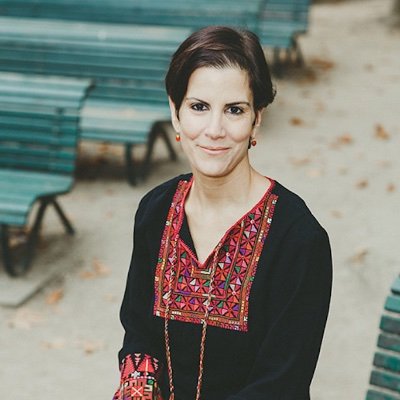
Reem Alsalem, special rapporteur on violence against women and girls for the United Nations, argued in a recent letter to the WHO that it should establish separate committees to address the medical and legal questions. She wrote that “representatives of women’s and children’s rights” should be included in the group that addresses the latter question.
Disputes over who needs protection from whom
In their criticisms of the WHO’s plans for the guidelines, skeptics have suggested that the evidence base backing claims of physical and mental health benefits from gender-transition treatment for adults, while more extensive than the corresponding pediatric research, nevertheless remains weak and uncertain.
The WHO itself has suggested as much. A 2022 paper by WHO officials outlining the organization’s work to improve the health of trans people noted that the experts who developed previous self-care guidelines for this population “urgently called for more research to support further evidence-informed guidance” for trans people.
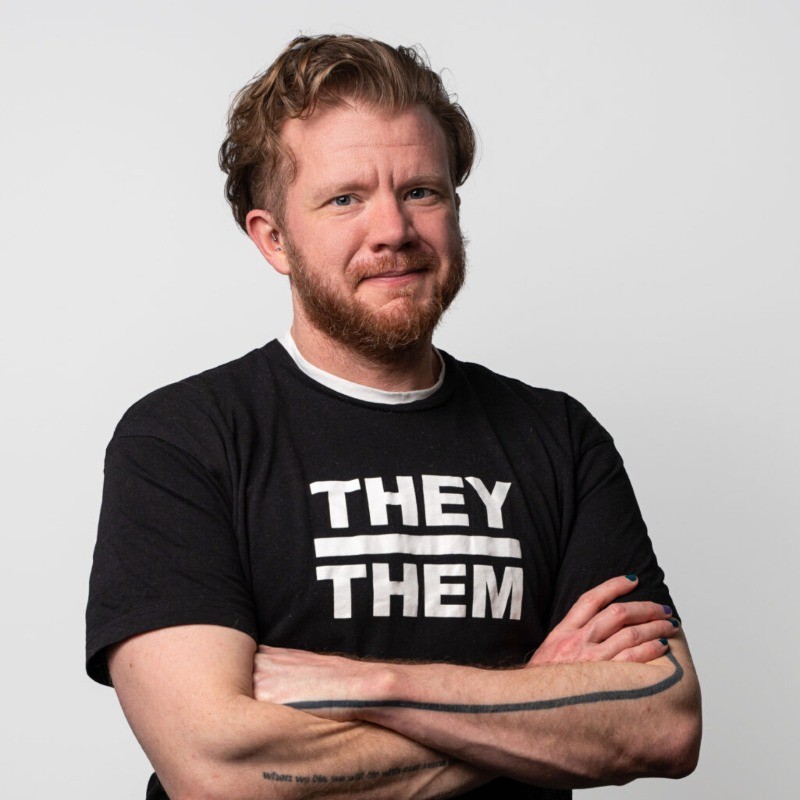
One of the largest and most robust studies of adult gender-transition treatment, published in 2019, examined records on nearly 2,700 Swedes diagnosed with “transsexualism” or “gender identity disorder” between 2005 and 2015. Among them, neither cross-sex hormones nor surgeries were associated with apparent mental health benefits.
A systematic review and quality assessment of an array of existing global clinical practice guidelines for trans people, published in 2021 and co authored by Dr. Bewley, found that outside of HIV-related topics, such guidelines are “linked to a weak evidence base.”
Stella O’Malley, an Irish psychotherapist and Genspect’s founder, expressed a perspective shared by many other WHO critics, including SEGM. She told the Sun she was concerned about the quality of care that health and mental-health providers provide for both minors and what she characterized as “vulnerable adults” with gender dysphoria, such as those with severe mental health conditions.
“I don’t care what age they are, if they’re very vulnerable, they need our protection,” Ms. O’Malley said.
Patrick Parkinson, an emeritus professor at the TC Beirne School of Law at the University of Queensland in Australia, wrote in a January 18 letter to the WHO: “The failure to consider and rule out other explanations for gender incongruence is likely to be one of the most common bases for successful negligence claims in the future.”
Advocates of ready access to cross-sex hormones have expressed concern that protests from skeptics of pediatric gender-transition treatment are only an opening salvo to a broader effort to restrict access regardless of age. Such fears have been realized in Florida, which since pediatric gender-transition treatment became a major issue in American statehouses two years ago joined eight other states that already prohibited Medicaid from covering cross-sex hormones for all trans persons. In a conversation hosted on X last week, Republican legislators from Michigan and Ohio stated that for them, such sweeping bans are indeed an “end game.”
Trans advocate Erin Reed argued that groups like SEGM and Genspect “will not stop” in their efforts to restrict access to medical gender-transition treatment. “They will not be satisfied,” she said, “with any level of evidence—for any age range.”

